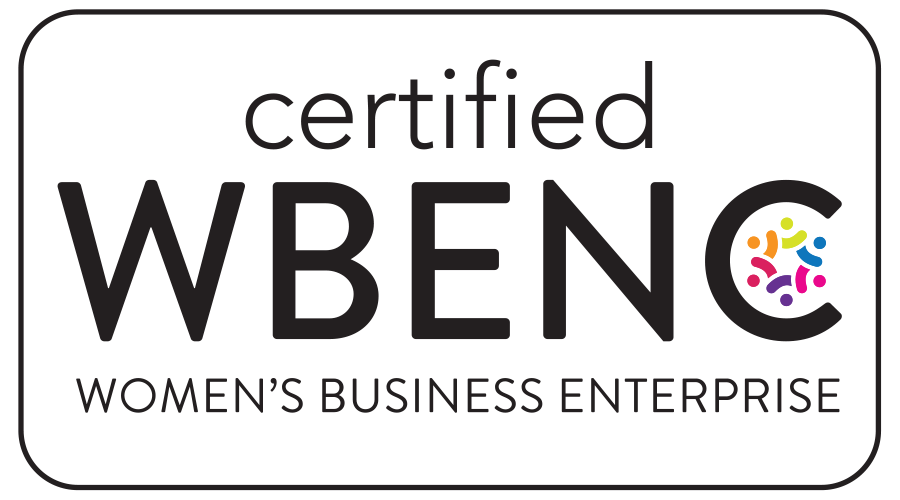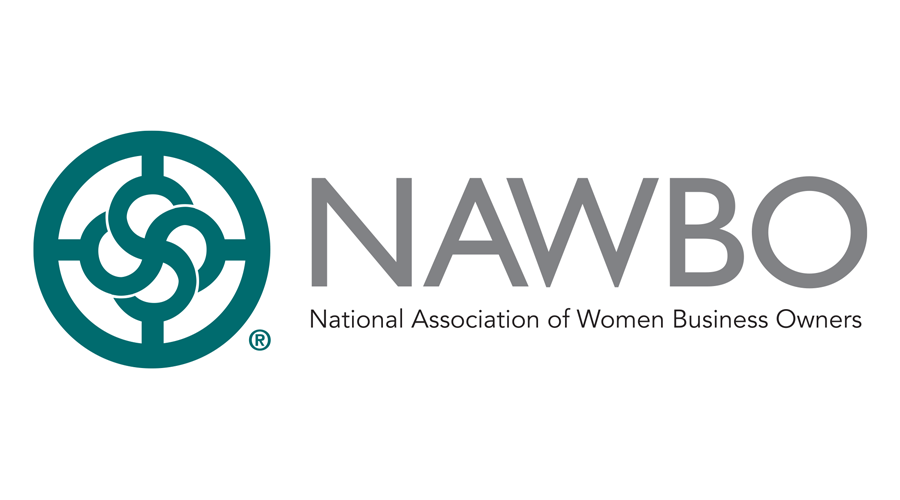Connecticut—Corporate Income Tax: Manufacturing Apprenticeship Credit Extended to PTE Tax
Jun. 2, 2022
Connecticut provides a corporation business tax credit for employing apprentices in the manufacturing trades. Effective for tax years beginning on or after January 1, 2022, S corporations, partnerships, and limited liability companies eligible for the credit can apply it against Connecticut pass-through entity tax liability. Pass-through entities can no longer transfer, sell, or assign the credit to another business for use against its:
- corporation business tax liability;
- utility company tax liability; or
- petroleum product gross earnings tax liability.
Act 22-118 (H.B. 5506), Laws 2022, effective July 1, 2022 and as noted
Oklahoma—Corporate, Personal Income Taxes: Rural Jobs Act Credit Created
Jun. 2, 2022
Oklahoma has enacted the Rural Jobs Act, which provides an income tax credit to investors who make capital investments into an eligible rural fund.
The tax credit is equal to a percentage of the capital investment and may be claimed for a period of six years. The percentage is:
- 0% for the first two years; and
- 15% for the subsequent four years.
The amount of the credit claimed by a rural investor cannot exceed the amount of the entity’s state tax liability for the tax year. Credits are capped at $15 million per year and can be claimed beginning tax year 2023.
Credits awarded under the act are nonrefundable and cannot be sold, but may be carried forward for up to five subsequent tax years. Credits earned by or allocated to a partnership, limited liability company, or S corporation may be allocated to the partners, members, or shareholders.
H.B. 4085, Laws 2022, effective November 1, 2022
Oklahoma—Corporate Income Tax: Strategic Industrial Development Enhancement Credit Enacted
Jun. 2, 2022
Oklahoma has enacted a strategic industrial development enhancement (SIDE) income tax credit for qualified economic development expenditures. An eligible business must make expenditures on a project located in an industrial park, economic development zone, or port in a county with a population of 100,000 or less or be adjacent to a terminal, switching or Class II or III railroad. The credit is available for tax years beginning after 2022 and ending before 2028.
The amount of the credit cannot exceed 10% of an eligible entity’s qualified economic development expenditures, subject to limitations, determination, and allocation. The total project credit may not exceed 10% of the qualified economic development expenditures, except for qualified initial infrastructure expenditures the project tax credit amount is earned at the rate of 50% of qualified initial infrastructure expenditures.
The project tax credit amount for qualified economic development expenditures may not exceed $6,000,000 per qualifying project.
The project tax credit amount for qualified initial infrastructure expenditures may not exceed $3,000,000 per qualifying project.
Projects are eligible to combine qualified economic development and qualified initial infrastructure expenditures, but the total project tax credit amount may not exceed $6,000,000 per qualifying project in aggregate. The project tax credit amount that may be claimed or assigned to a qualifying project affiliate in any year may not exceed 1/3 of the project tax credit amount awarded beginning in the year that construction is initiated.
Credits allocated will not exceed $12,000,000 in a tax year.
The credits that are not used may be assigned to a qualifying project affiliate by written agreement at any time during the five years following the tax year the qualified expenditures are incurred. To the extent not used, the credit may be carried over, in order, to each of the five subsequent taxable years.
H.B. 3081, Laws 2022, effective January 1, 2023
Oklahoma—Property Tax: 2022 Payroll Requirements for Exempt Manufacturing Facilities Waived
Jun. 2, 2022
Manufacturing facilities that qualify for Oklahoma’s five year ad valorem tax exemption for new, expanded, or acquired facilities are not required to fulfill the payroll requirements for tax year 2022.
S.B. 1079, Laws 2022, effective August 25, 2022
Questions about your state and how your business can take advantage of tax credits and incentives, reach out to Ashmore Consulting.
The information contained herein is general in nature and is not intended, and should not be construed, as legal, accounting or tax advice or opinion provided by Ashmore Consulting LLC to the reader. The reader also is cautioned that this material may not be applicable to, or suitable for, the reader’s specific circumstances or needs, and may require consideration of non-tax and other tax factors if any action is to be contemplated. The reader should contact Ashmore Consulting LLC or other tax professional prior to taking any action based upon this information. Ashmore Consulting LLC assumes no obligation to inform the reader of any changes in tax laws or other factors that could affect the information contained herein.

 Ashmore Consulting is proud to join Pledge 1%, a global movement creating new normal where companies of all sizes integrate giving back into their culture and values. Pledge 1% empowers companies to donate 1% of product, 1% of equity, 1% of profit or 1% of employee time to causes of their choice. Over 1,500 companies in 40 countries have taken the Pledge and committed to give to communities around the world. Ashmore Consulting is excited to join Pledge 1%’s network of founders, entrepreneurs and companies around the globe that have committed to giving back.
Ashmore Consulting is proud to join Pledge 1%, a global movement creating new normal where companies of all sizes integrate giving back into their culture and values. Pledge 1% empowers companies to donate 1% of product, 1% of equity, 1% of profit or 1% of employee time to causes of their choice. Over 1,500 companies in 40 countries have taken the Pledge and committed to give to communities around the world. Ashmore Consulting is excited to join Pledge 1%’s network of founders, entrepreneurs and companies around the globe that have committed to giving back.


